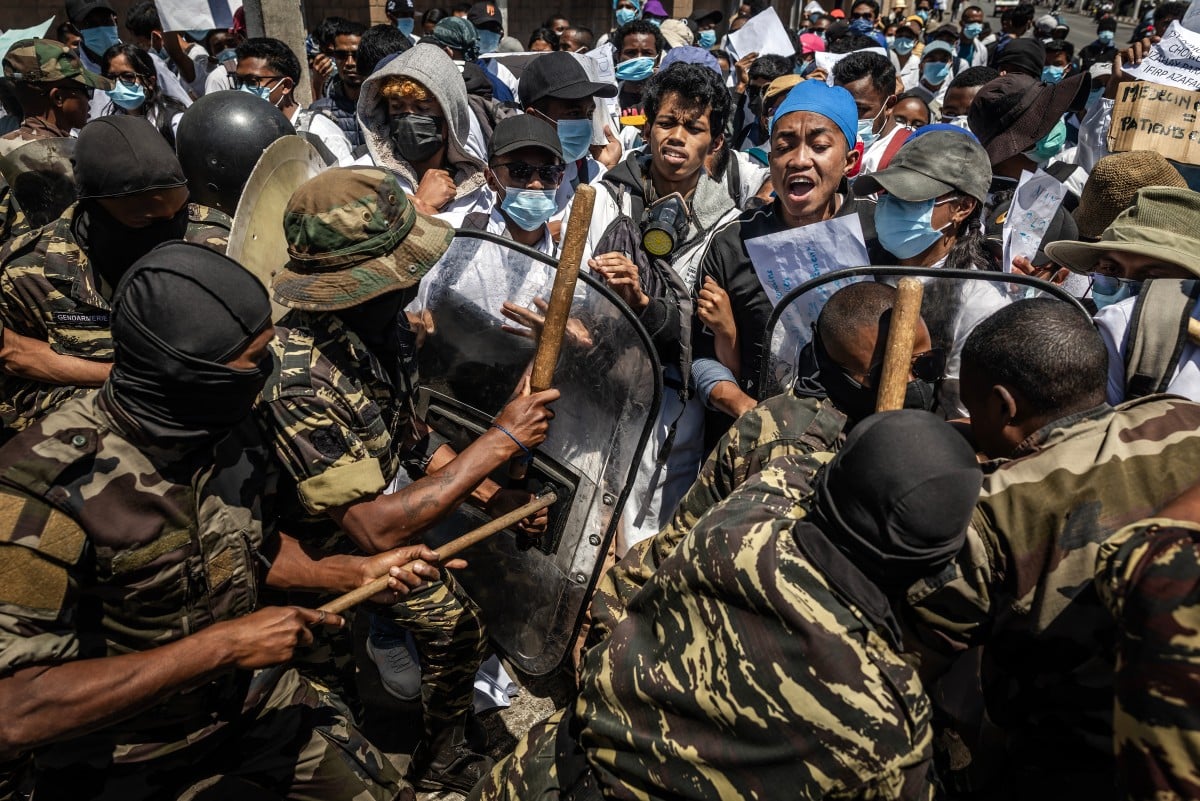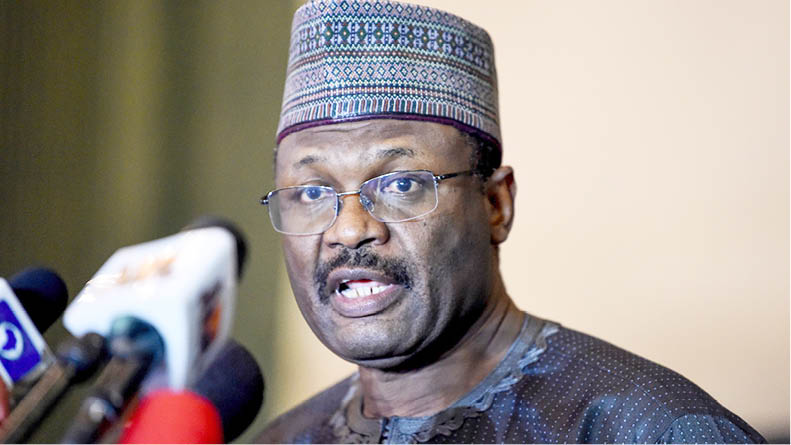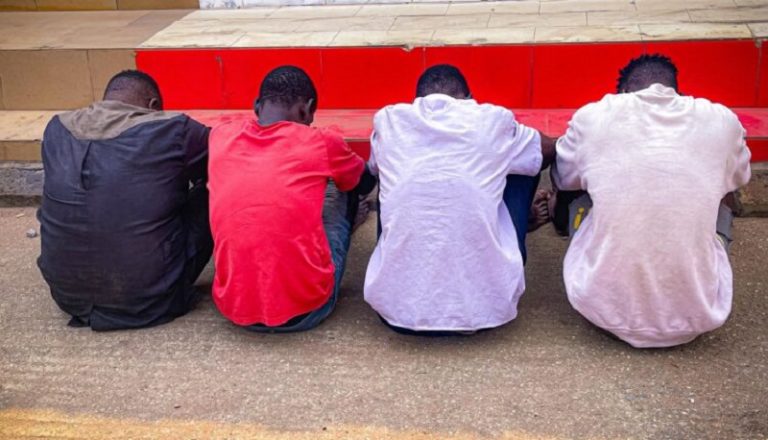The youth-led movement driving nearly two weeks of anti-government protests in Madagascar has rejected President Andry Rajoelina’s call for dialogue, instead announcing a nationwide strike and a new demonstration for Thursday.
The protests, which began on September 25, were triggered by frustration over frequent power and water cuts and have already claimed at least 22 lives, according to a UN report — though local authorities dispute that number.
In response to the growing unrest, President Rajoelina dismissed his entire cabinet last week and, on Monday, appointed an army general as the new prime minister. He then held a public meeting at the presidential palace on Wednesday, inviting citizens to share their grievances.
However, members of the “Gen Z Mada” movement — the main group behind the protests — boycotted the meeting, describing it as “a sham dialogue” and accusing the government of “repressing, abusing, and humiliating young people in the streets.”
One student leader who attended the event took the opportunity to directly confront the president, saying:
“Poverty is worsening in Madagascar because there is too much corruption in government. Students can’t study because there’s no light or water — we even live with rats.”
His words drew loud applause from the crowd of about 1,000 attendees.
Other citizens used the platform to share personal struggles — from unemployed family members to loved ones unjustly jailed — as the meeting was broadcast live on radio and television.
In response, President Rajoelina promised that if the electricity crisis in the capital isn’t solved within a year, he will resign.
To restore order, he also appointed new ministers to oversee the army, police, and public security, saying the country “no longer needs disruption but peace.”
But protest leaders saw these moves as an attempt to tighten control. They responded by calling for a general strike and another mass protest in the capital, Antananarivo.
The Gen Z Mada movement — made up of around 20 youth groups — has issued a list of demands. These include a public apology from the government for violence against protesters, reforms to the Constitutional Court, and the removal of Senate President Richard Ravalomanana, though they did not repeat earlier calls for Rajoelina to resign.
Despite being rich in natural resources and the world’s top producer of vanilla, Madagascar remains one of the poorest nations globally, with nearly 75% of its 32 million citizens living below the poverty line as of 2022, according to the World Bank.
Read Also;
ASUU, NASU strike threats: FG inaugurates expanded negotiation committee
The country has a long history of political unrest, with uprisings dating back to its independence in 1960. Rajoelina himself first rose to power in 2009 after mass protests toppled then-president Marc Ravalomanana. He was later re-elected in both 2018 and 2023, though both elections were contested.
Protests continue across the country, mainly in the capital, where security forces have repeatedly used tear gas to disperse crowds. On Wednesday, around 100 people gathered near Lake Anosy in Antananarivo, despite the heavy police presence.
According to data from the conflict monitoring group ACLED, September recorded the second-highest number of protests in Madagascar since the organization began tracking in 1997 — surpassed only by the unrest ahead of the 2023 election.




